The fusion of technology and biometrics is reaching new heights, largely due to visionaries like Dr. Helen Dawes of the University of Exeter and the collaborative efforts of professionals like Dr. Kedar Mate, a recent recipient of the prestigious AGE-WELL ACCESS award and co-founder of PhysioBiometrics Inc.
Dr. Helen Dawes has established herself as a pioneering figure in biometric research. A relentless pursuit of innovation and excellence marks her career. As a member of the PhysioBiometrics team, she has been instrumental in advancing the field of human physiology and motion studies.
The VSimulators facility at the University of Exeter is a testament to Dr. Dawes’s vision. The lab is a hub for cutting-edge research, equipped with state-of-the-art motion capture systems, virtual reality integrations, EMG, fNIRS, and other advanced technologies. Here, the boundaries of understanding human motion and physiology are continually pushed, offering previously unimaginable insights.
The importance of the AGE-WELL ACCESS award in fostering research and collaboration cannot be understated. This award is critical in enabling researchers like Dr. Kedar Mate to engage in experiential learning and contribute to innovative projects. The support from this award highlights the value placed on interdisciplinary collaborations and advancing research in human physiology and biometrics.
Dr. Kedar Mate’s experience at the VSimulators lab, under the guidance of Dr. Dawes, is a noteworthy example of how academic and research collaborations can yield fruitful results. His time in the lab, working with various advanced systems and technologies provided him with invaluable insights and hands-on experience in motion studies and biometrics. This experience not only enriched his understanding but also contributed significantly to the ongoing research in the lab.
As biometrics continues to evolve, the contributions of individuals like Dr. Helen Dawes and Dr. Kedar Mate and facilities like the VSimulators lab are pivotal. Their work advances our understanding of human physiology and opens new possibilities for applying this knowledge in various fields, from healthcare to ergonomics.
Congratulations to Dr. Mate!!
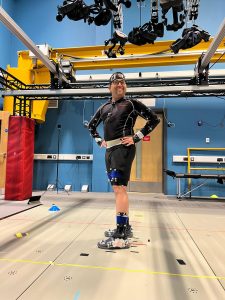
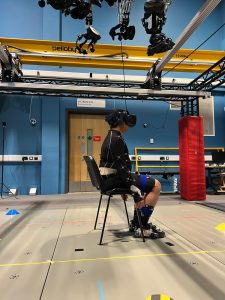
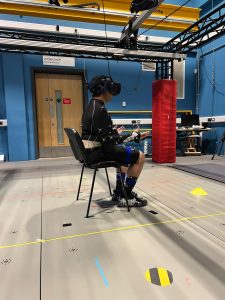
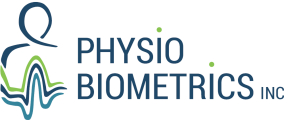
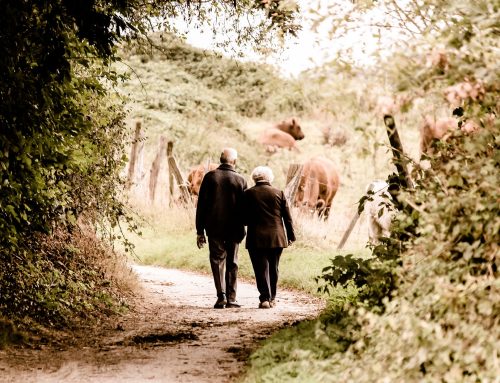


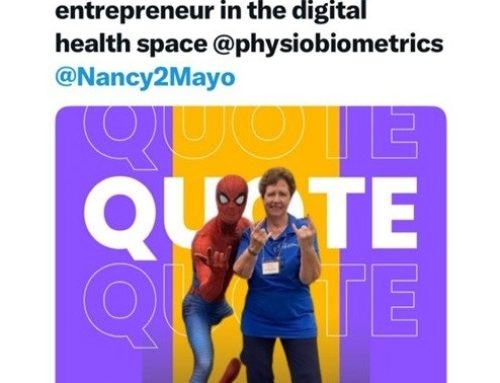
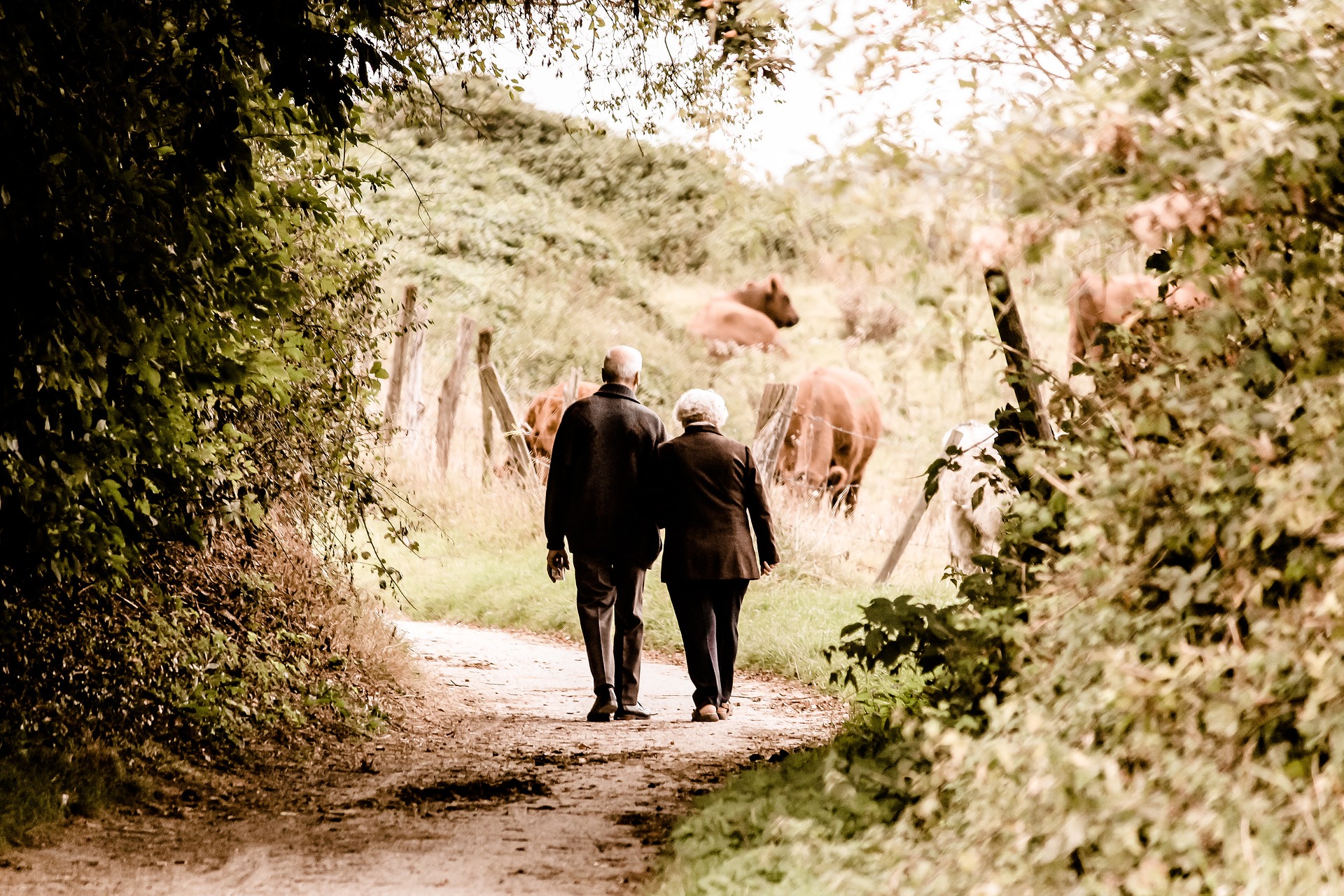
Leave A Comment